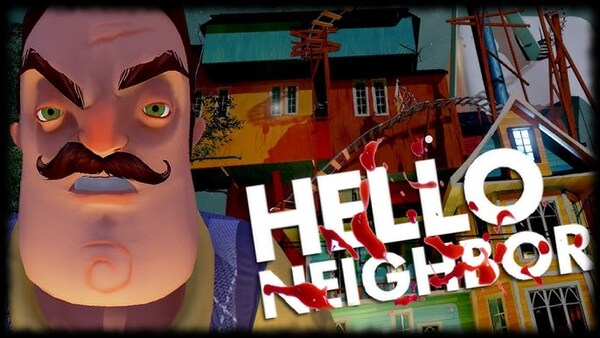Popular Now
Introduction
Palworld mixes creature collecting with survival and crafting. But beneath the fun lies a controversial system: using Pals for labor, combat, and even human-like exploitation. This raises ethical concerns about game design and player behavior.

1. What Is Palworld About?
Palworld lets you capture and use Pals to battle, build, and survive. Unlike other games, Pals do more than fight — they work in your factories, haul goods, and run machines. The flexibility is fun, but the morality is murky.
2. The Labor System
You can assign Pals to non-stop jobs, from farming to powering machinery. They don't resist or complain, even under harsh conditions. Some are visibly overworked, but the game rewards this behavior.
3. Automation or Abuse?
Many games use automation as a feature, but Palworld ties it to living creatures. Pals become cogs in your resource machine, raising the question: is this efficient gameplay or exploitation?

4. Bonding and Betrayal
Players can bond with Pals, pet them, and name them — then send them into dangerous work or use them as living weapons. The contrast between affection and abuse creates emotional discomfort.
5. Missing Morality System
There are no in-game consequences for mistreating Pals. You don’t lose loyalty, performance, or suffer penalties. This makes abuse the most efficient strategy, with no reason to choose kindness.
6. Player Reaction
Some players laugh at the absurdity. Others feel uneasy. The idea of enslaving cute creatures has sparked debates online about whether the game goes too far.
7. Game Design Responsibility
Games exploring dark themes should include consequences or reflection. Palworld doesn’t. It normalizes exploitation by rewarding it and ignoring alternatives.

8. Story Ignores the Issue
The game’s light story never addresses the ethical problems. There's no Pal rights movement or character dialogue about your choices. It misses a chance for deeper worldbuilding.
9. Efficiency vs. Empathy
Because cruelty leads to faster progress, many guides recommend overworking Pals. This pushes players to prioritize output over compassion, even if it conflicts with their instincts.
10. How to Improve the System
Palworld could fix this by adding fatigue, emotions, or rebellion systems. Giving players a choice between efficiency and empathy would add depth and align gameplay with storytelling.
Conclusion
Palworld is fun and bold, but its treatment of Pals is ethically questionable. Without in-game consequences or moral systems, it encourages exploitation. Small changes could turn this from a controversy into a meaningful part of the game’s identity.

















